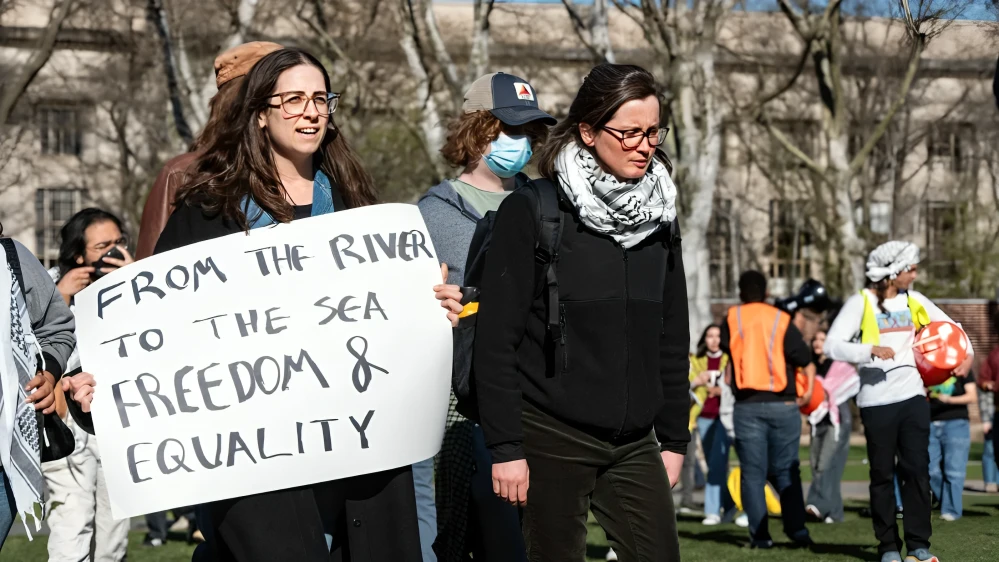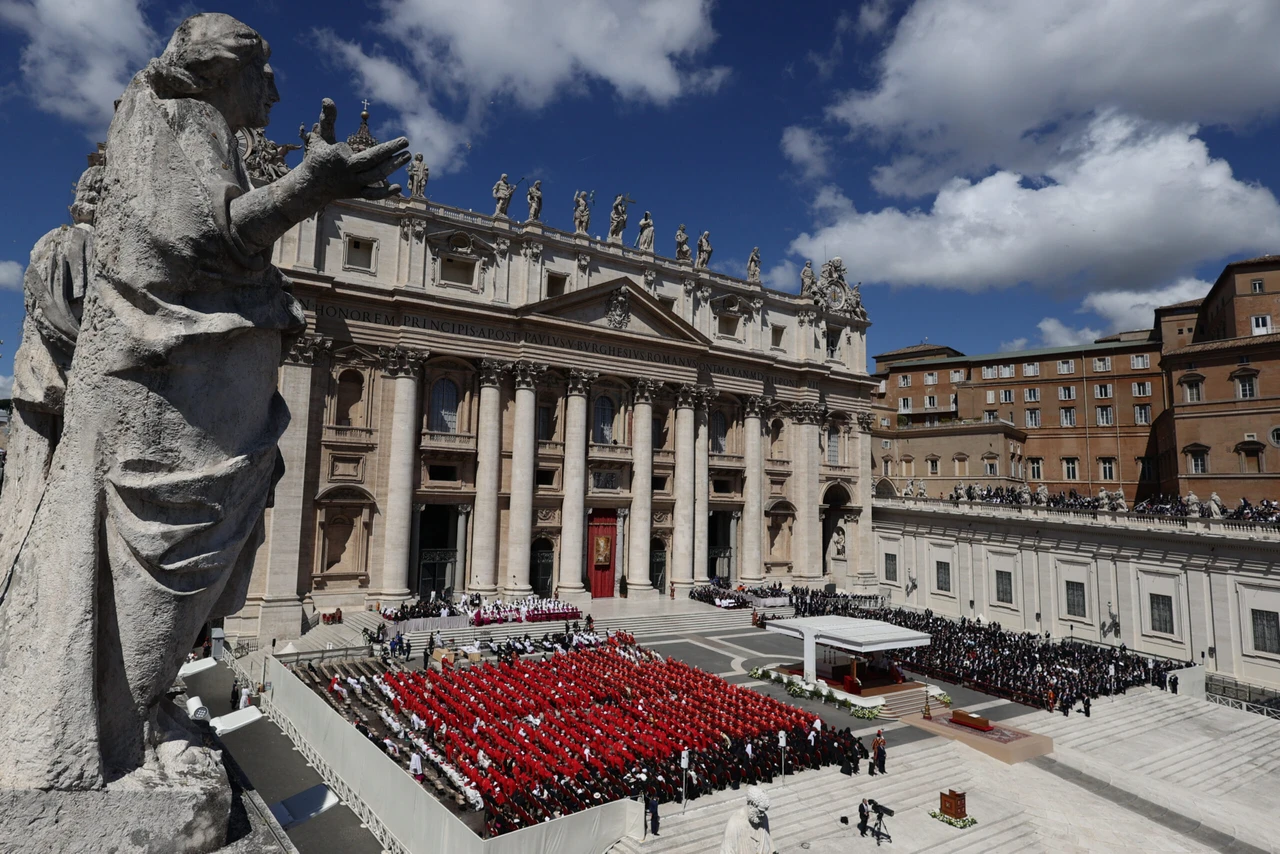Harvard removes academics critical of Israel from leadership roles
 Supporters of Palestine gather at Harvard University to show their support for Palestinians in Gaza at a rally in Cambridge, Massachusetts, US, April 22, 2024 (AFP Photo)
Supporters of Palestine gather at Harvard University to show their support for Palestinians in Gaza at a rally in Cambridge, Massachusetts, US, April 22, 2024 (AFP Photo)
Harvard University’s Center for Middle Eastern Studies (CMES) has undergone a significant leadership change. Professor Cemal Kafadar, a Turkish-American historian, Ottoman scholar, and author, and Associate Director Professor Rosie Bsheer were dismissed from their positions by David M. Cutler, the interim dean of social sciences.
This decision comes amid growing political pressure and criticism regarding the center’s programming on Israel and Palestine.
Political pressures, criticism
The dismissal of Kafadar and Bsheer is linked to CMES’s controversial content, especially its critical stance toward Israel. Recently, the center’s programs discussing issues related to Palestine and Gaza sparked widespread debate.
Harvard, known for its commitment to academic freedom, found itself under increasing scrutiny because of these programs, facing external and internal criticism.
An academic ‘witch hunt’?
The decision has led some observers to liken the situation to an academic “witch hunt.” Under intense pressure from the influential pro-Israel lobby in the U.S. and political interference, Harvard found itself reevaluating its Middle Eastern studies programs.
This has been perceived by some as an erosion of academic independence in the face of political and financial pressures.
The increasing criticism of Israel, particularly under the Trump administration, created a tense environment where universities, including Harvard, struggled to maintain academic freedom while navigating these external challenges.
Role of the Harvard Jewish Alumni Alliance
The Harvard Jewish Alumni Alliance played a significant role in escalating the controversy, publishing a report accusing CMES of harboring anti-Israel bias.
The report claimed that certain events and discussions at the center were linked to terms like “racism.” Former Harvard President Lawrence H. Summers also supported these criticisms, calling for the university to adopt a firmer stance on the issue.
However, these criticisms and the resulting pressures have raised questions about the balance between academic freedom and outside influence on university programs.
Türkiye criticizes dismissals of Harvard academics over anti-semitism allegations
Following the dismissal of Professor Cemal Kafadar and Professor Rosie Bsheer from their leadership roles at Harvard’s Center for Middle Eastern Studies (CMES), ruling Justice and Development Party (AK Party) Vice President and Spokesperson Omer Celik condemned the move, calling it an attack on academic freedom.
In a social media statement, Celik argued that labeling academic work as “anti-Semitic” undermines scientific thought and claimed that universities worldwide are becoming targets of “Zionist aggression.”
He stated, “The decision to call CMES’s work anti-Semitic is an open attack on academic freedom. The criticism of Israeli policies is being wrongly labeled as anti-Semitism, which is part of Zionism’s broader effort to suppress freedom of expression globally.”
Celik also described the dismissal of Kafadar and Bsheer as part of a wider attempt to control academic discourse.
What’s next for CMES?
Prof. Salmaan Keshavjee will temporarily continue as the center’s director. Harvard is now searching for a permanent leader for CMES.
Neither Kafadar nor Bsheer has yet publicly commented on their dismissals.



